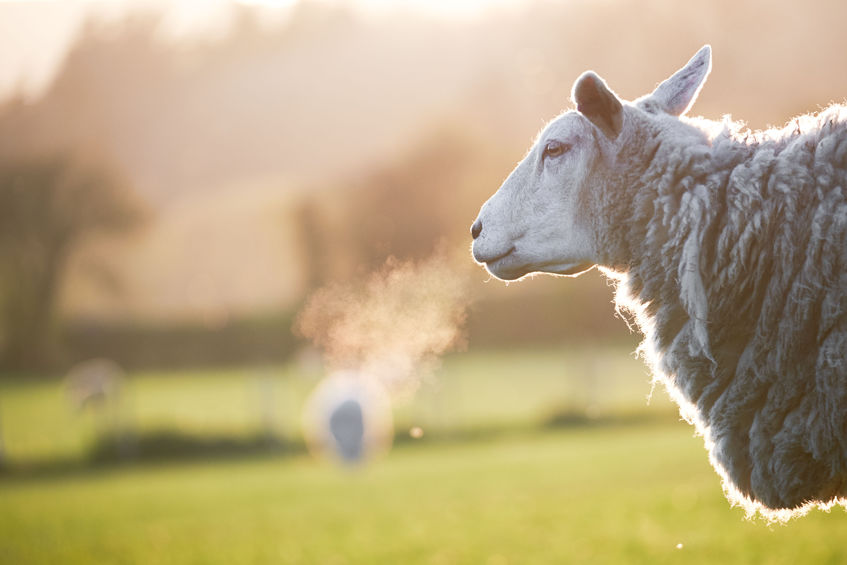Climate crisis: Farmers warn of danger of blaming UK livestock

Farmers have warned of the dangers of focusing on UK livestock production or 'inappropriate' tree planting as ways to tackle the climate crisis.
Addressing the key findings in the latest Committee on Climate Change report, the Farmers' Union of Wales (FUW) warned that 'agriculture alone can't fix the problem'.
The report highlighted issues such as the need for a strong UK food production sector and the dangers of delivering emissions reductions at the expense of increasing reliance on food imported from countries with greater carbon footprints.
Agriculture is currently responsible for around 10% of UK emissions, with methane from livestock production making up just over half of this figure.
By comparison, transport and energy make up around a half of all UK emissions.
FUW president Glyn Roberts said: “This means that if we stopped producing food completely in the UK, 90 percent of the problem would still be there.
“Agriculture alone can’t fix the global problem and it will take each and every single one of us to take a hard look at what we consume and produce in terms of food, energy, electronics, motoring, travel and make adjustments.
“Farmers want to and are playing their part, and as acknowledged by the Committee switching away from Welsh and UK produced red meat would increase the nation’s carbon footprint because we have some of the lowest greenhouse gas emissions of meat reared anywhere in the world.”
Mr Roberts said that for this reason the FUW welcomed the fact that the Committee had backed its calls for a robust post-Brexit trade policy which reflects the lower carbon footprint of UK produce.
The report also called for an increase in UK forestry cover from 13% to at least 17% by 2050 by planting around 30,000 hectares, the equivalent of 90 – 120 million trees.
Responding, Mr Roberts said: “Our members are fully supportive of appropriate tree planting where this does not undermine farm productivity and the environment, and regularly highlight the obstacles they come across when they try to plant trees.”








